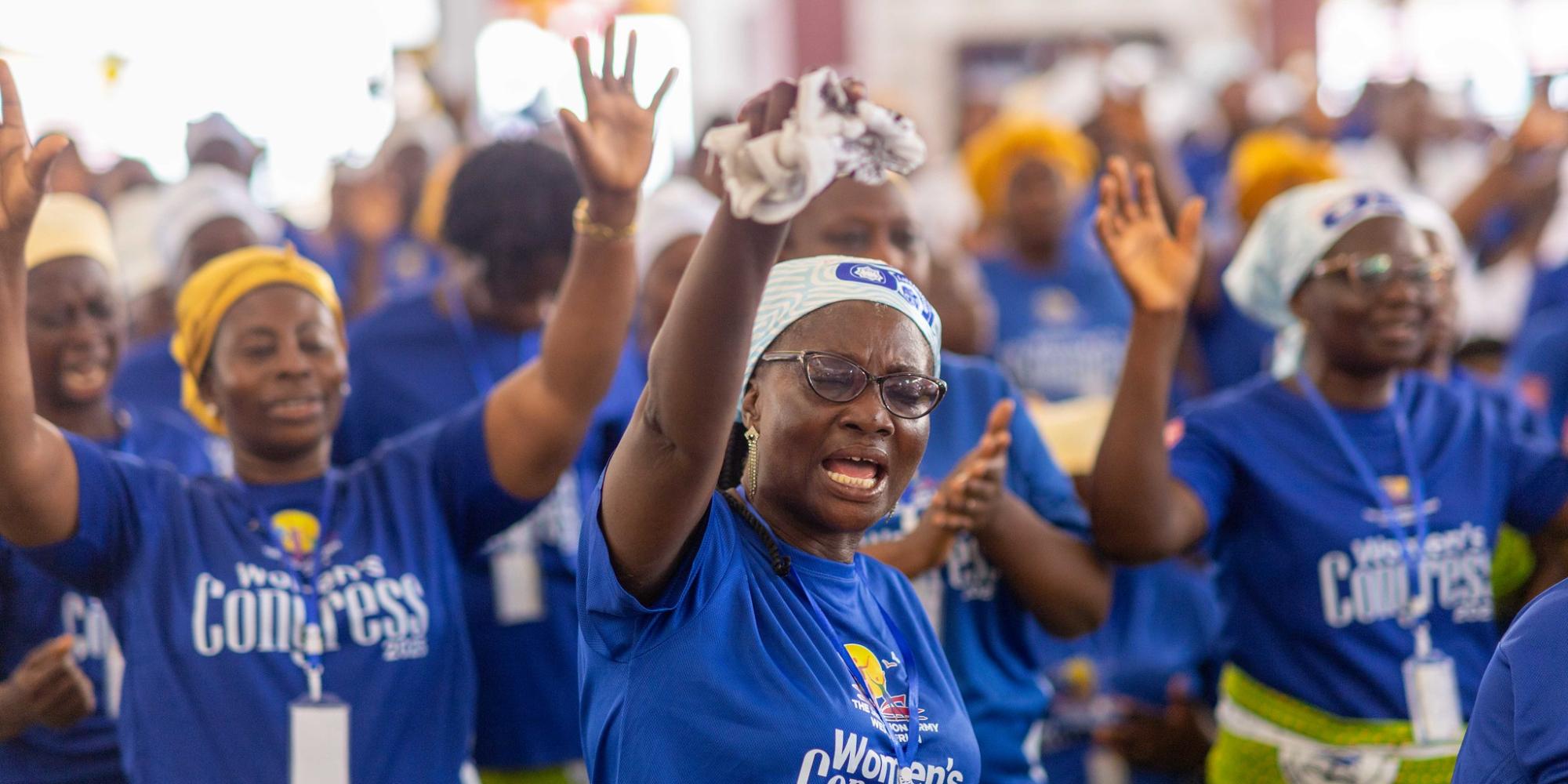Our work
From livelihood projects to emergency responses, The Salvation Army’s broad and expansive care for people considers the whole person in integrated mission.
Flourishing communities
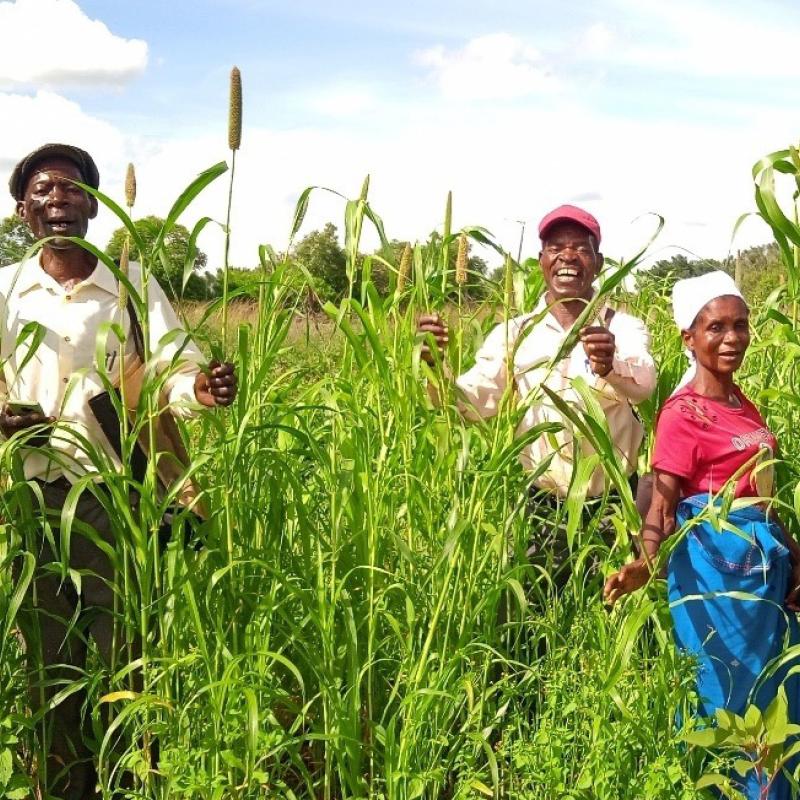
Climate change resilience
As climate change continues to affect the most vulnerable communities, The Salvation Army is addressing this through multi-sectoral approaches to resilience and adaptation.
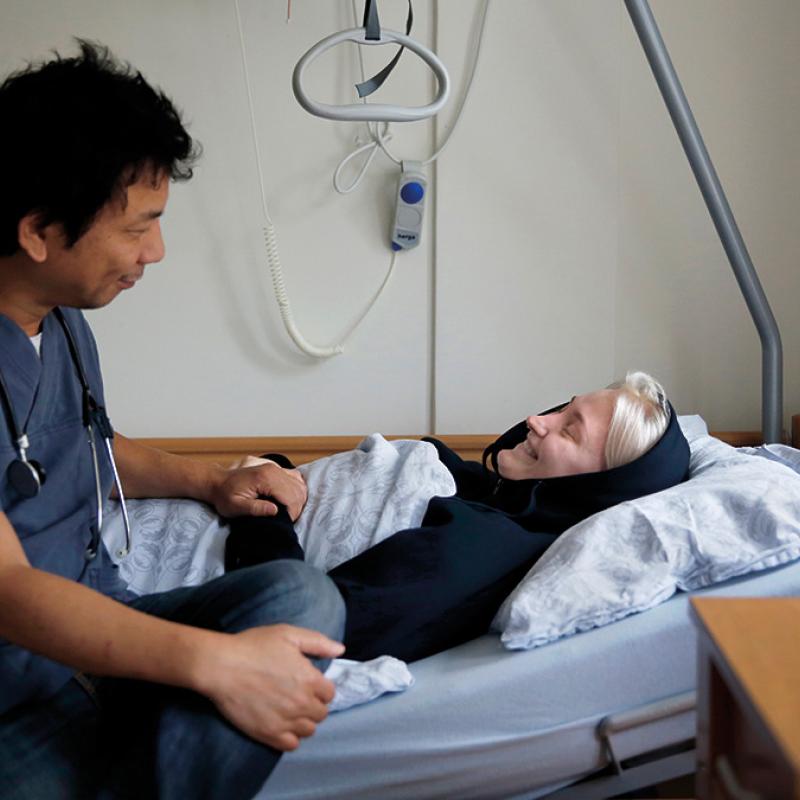
Health and well-being
The Salvation Army continues to be a significant provider of faith-based, integrated, high-quality care.
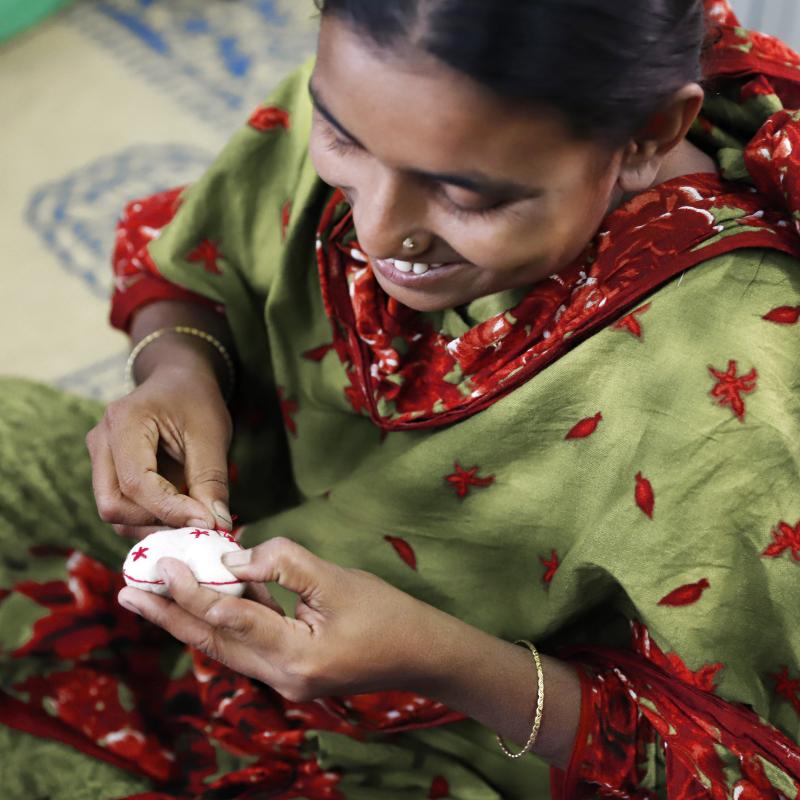
Economic empowerment
The Salvation Army supports individuals, families and communities around the world to gain independence through the acquisition of skills that lead to employment opportunities.
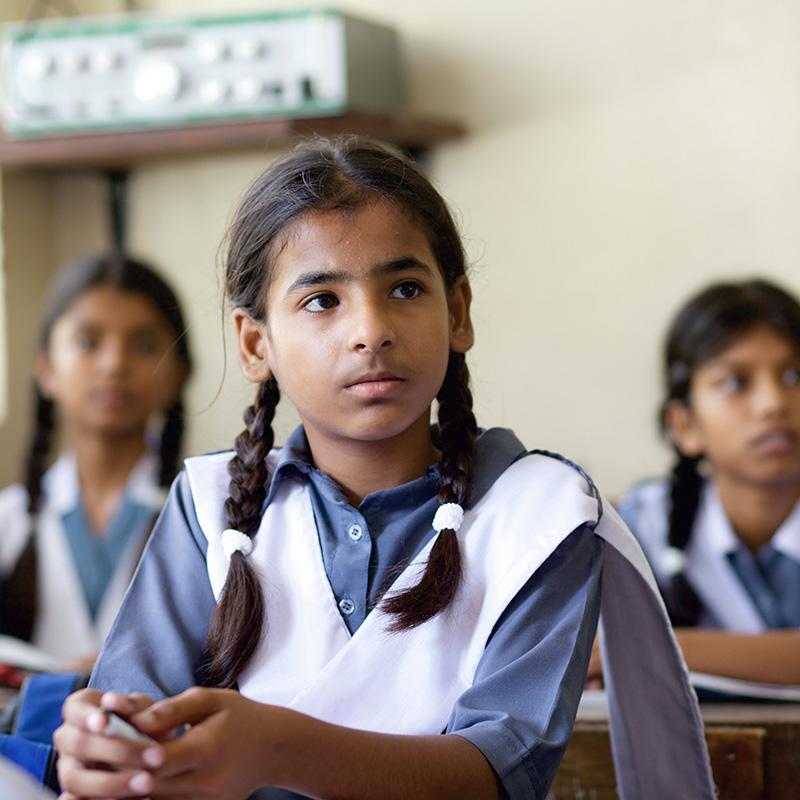
Education and families
Salvation Army schools and education programmes equip children and young people intellectually, socially, emotionally and spiritually.
Modern slavery and human trafficking response
Since 1865, The Salvation Army has worked globally to bring glimpses of the Kingdom of God through community-led responses to modern slavery and human trafficking. Today, we continue this work in over 130 countries.

Emergency relief and disaster response
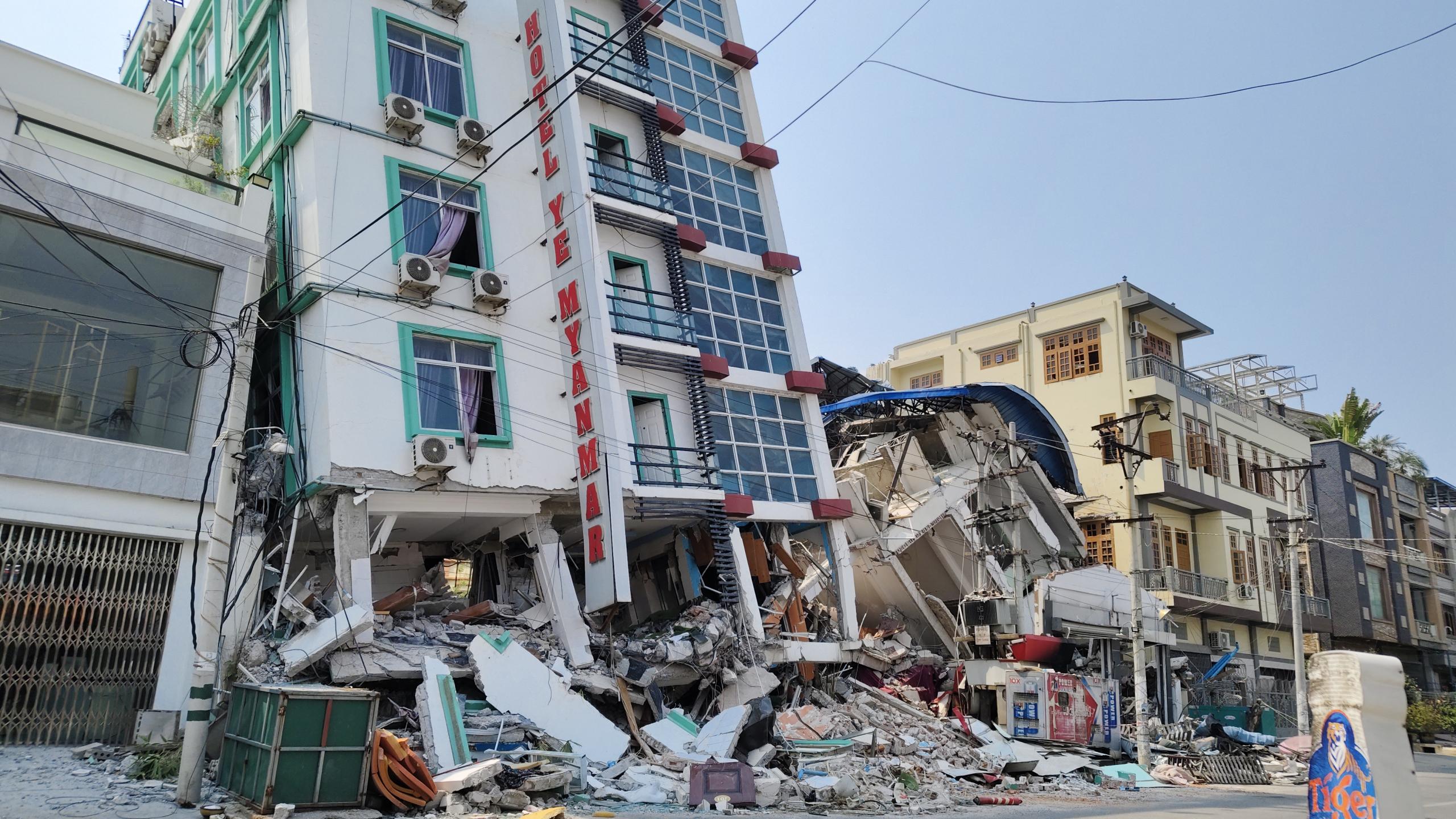
Earthquake in Myanmar
The Salvation Army mobilises resources following the deadly 7.7 magnitude earthquake
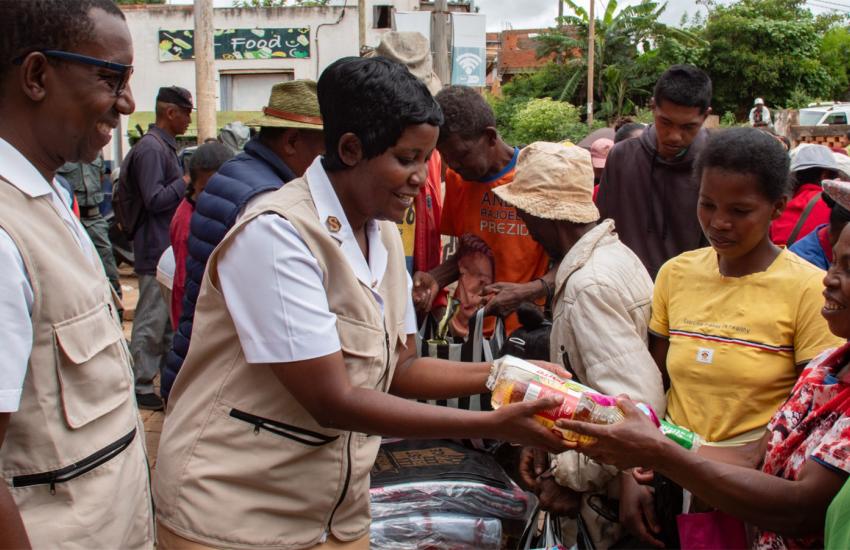
Response to Tropical Storm Faida, Madagascar
The Salvation Army provided food items, sanitation supplies, hygiene products and blankets.
Manual card 2
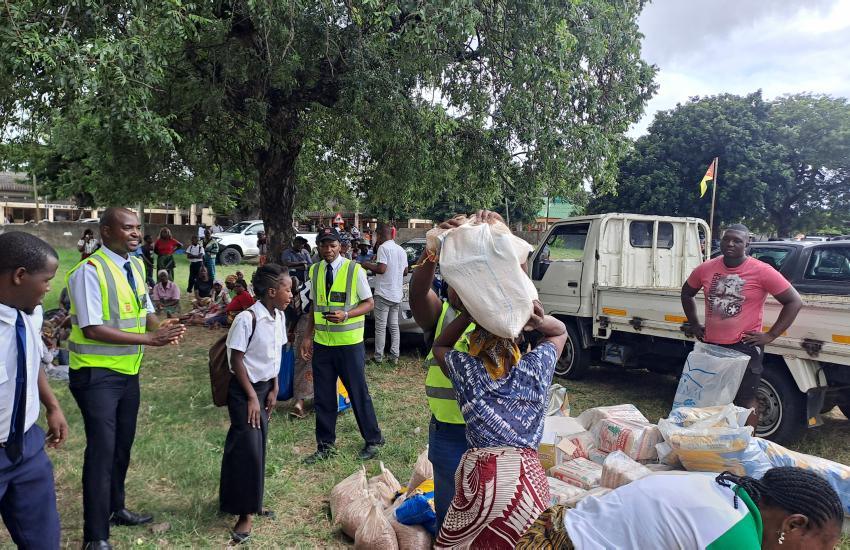
Response to Cyclones Chido and Dikeledi, Mozambique
The Salvation Army is responding to the ongoing relief efforts in Nampula by providing essential food items for 400 families.
Manual card 3
Women's Ministries
